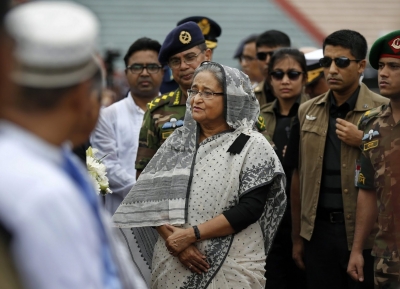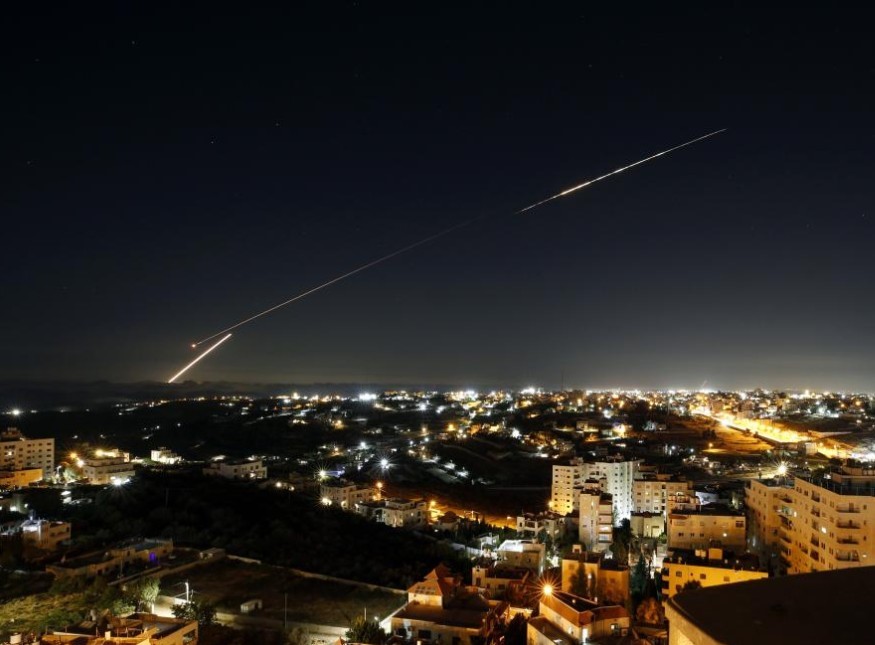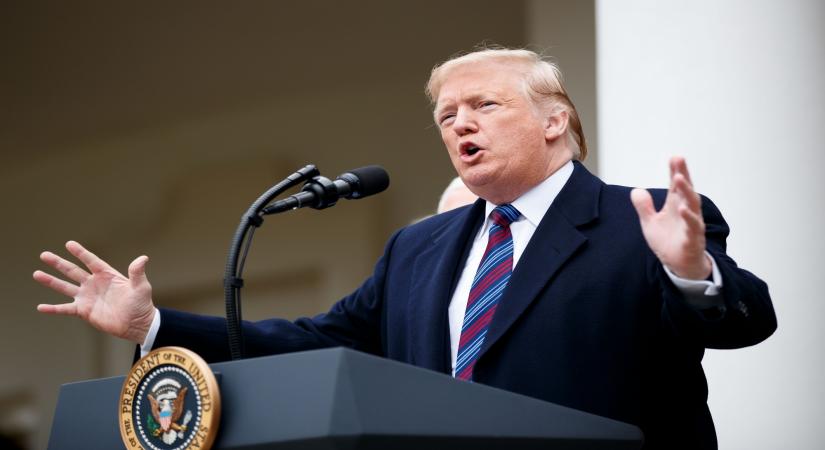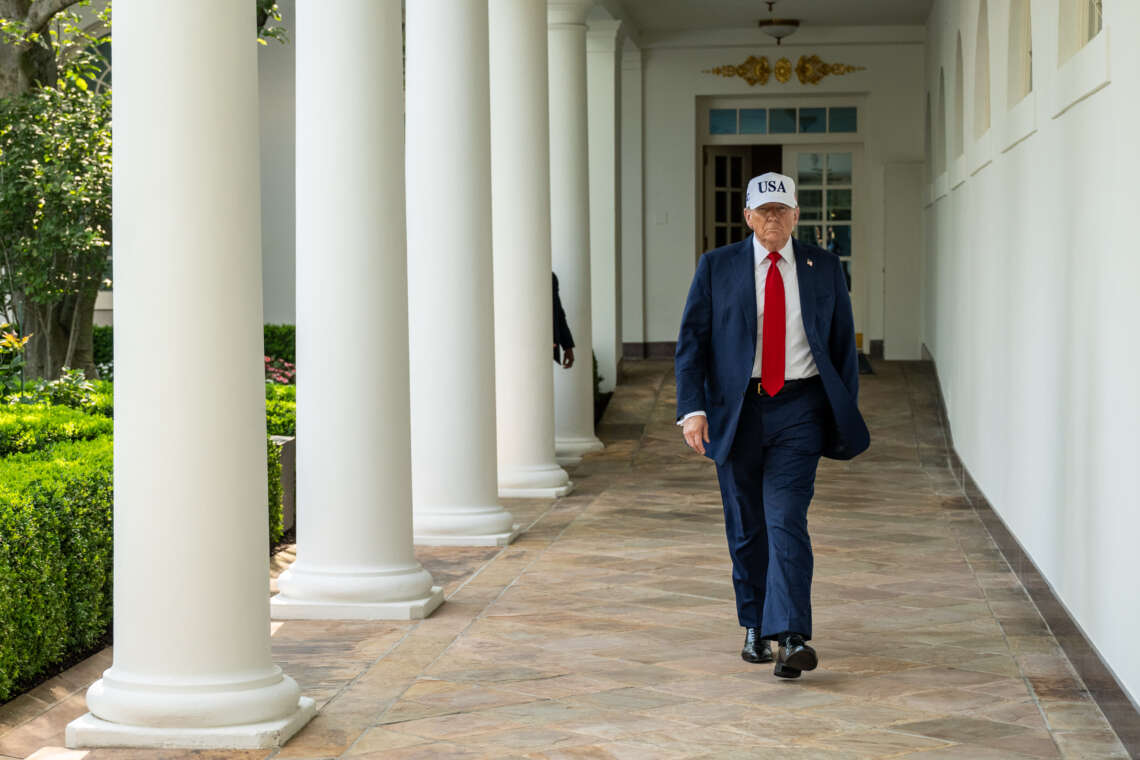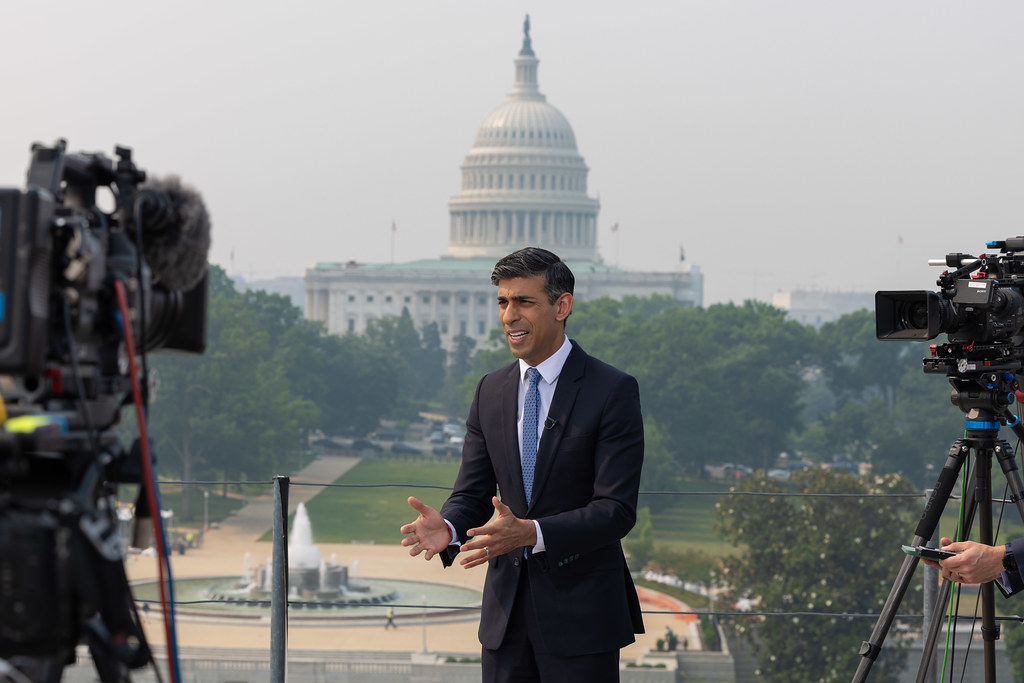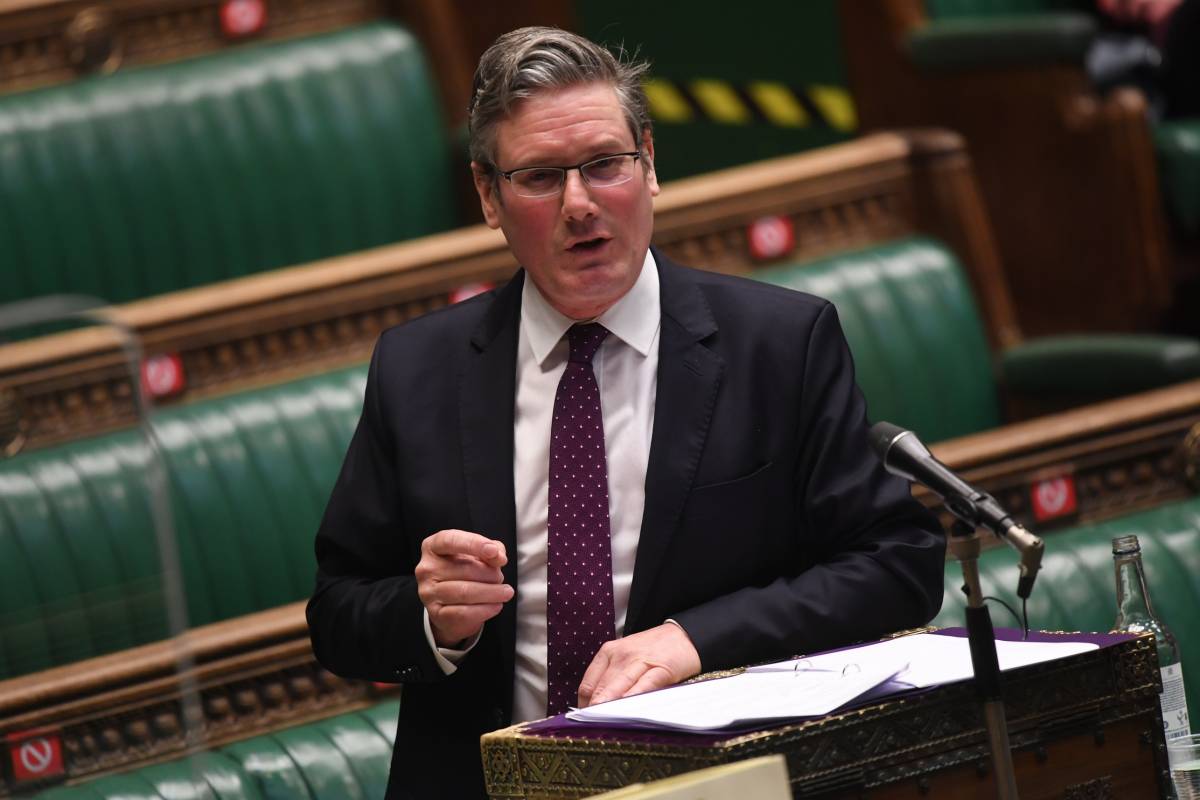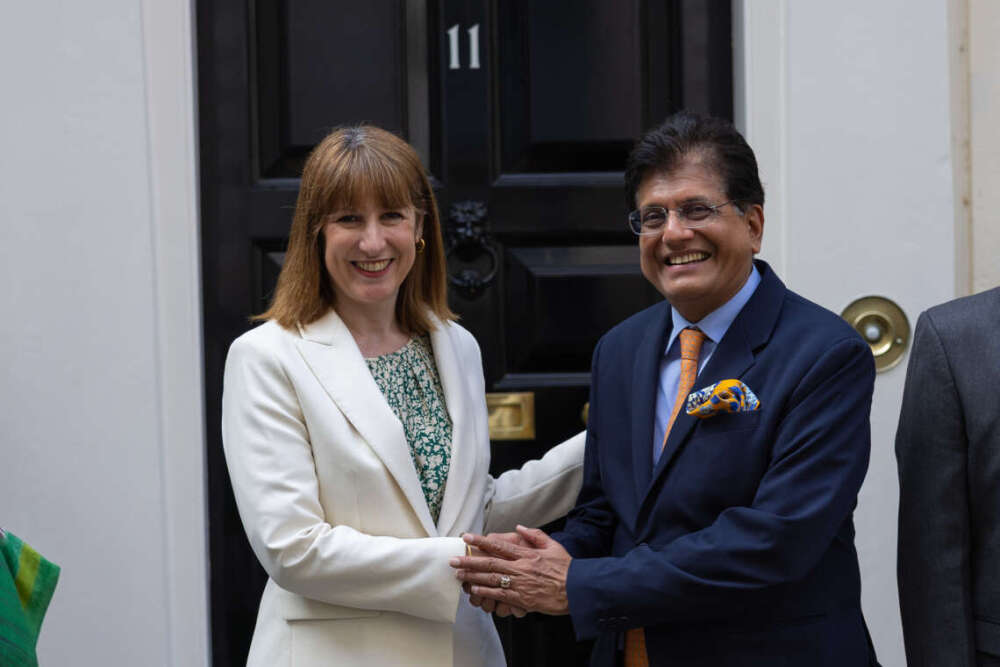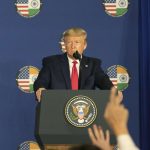While the American insistence on the rule of law and transparent elections in Bangladesh are certainly taken in the right spirit, there is that important question: how is it that the U.S. has been sheltering an assassin of Bangabandhu in its territory for decades and has ignored all extradition requests by Dhaka, writes Syed Badrul Ahsan
Bangladesh Prime Minister Sheikh Hasina has let it be known that one does not have to travel across the Atlantic to visit the United States. There are, she has stated, other oceans to cross and other places to visit. In other words, the Bangladesh leader was clearly expressing her annoyance at the recent move by Washington to exercise the right to provide visas for anyone in Bangladesh — politicians, security officials, individuals associated with the judiciary and those with the electoral process, et cetera — who are seen to be tampering with the vote at the elections scheduled later this year.
Sheikh Hasina’s comments are somewhat a departure from those of her party leaders, including ministers, who have of late been presenting the US decision, announced recently in a tweet by Secretary of State Antony Blinken, as a warning to the opposition Bangladesh Nationalist Party (BNP) that it ought not to come in the way of the elections by threatening to boycott it. For their part, opposition politicians have been in a state of patent happiness, seeing in the US move a determination to ensure that the ruling Awami League does not have any opportunity of rigging the forthcoming elections.
In effect, much talk has been generated in the media on the subject. During the debate arising out of the American move, politicians from both the ruling party and the opposition have been to the home of US ambassador Peter Haas, who appeared keen to convey the idea that the visa move was not directed at any group or party per se but was merely an iteration of US policy that elections in Bangladesh needed to be free, fair and transparent. It is to be noted that Blinken, in his tweet, said nothing about the need for a caretaker regime, which is a key demand of the BNP, but only stressed the need for elections that do not raise any questions about the voting and the outcome.
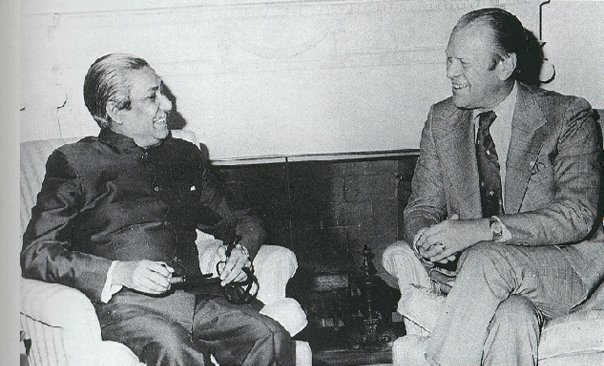
That said, one cannot ignore the thought that the US visa-related move has clearly embarrassed the Awami League government. In recent weeks, Prime Minister Sheikh Hasina, on a visit to the US, publicly stated in a media interview that the Americans did not want her in power. Prior to that statement, she told a session of Bangladesh’s parliament, in a voice tinged with bitterness, that the US held the power to remove any overseas government. In the light of history, she was certainly not wrong, given the role played by successive US administrations in undermining governments in countries where nationalist politics was at work. The rise of nationalist politicians to power abroad have historically worried Washington, as the record makes clear.
And that certainly brings one to a study of the background of US-Bangladesh ties in these five decades and more. To put it simply, relations between the United States and Bangladesh, particularly with the Awami League being in power in the latter, have not always been comfortable. It is a circumstance which goes all the way back to 1971, when the Bengali War of Liberation was unable to elicit any sympathy or support from the Nixon administration. With Washington more receptive to the services offered by the Yahya Khan junta in helping it in an opening of links with Beijing, American policymakers had little time or inclination to pressure the Pakistan military into calling an end to its genocide of Bengalis.
A clear atmosphere of hostility toward Bangladesh was on display in 1971. Alongside, President Nixon and his national security advisor Henry Kissinger were scathing in their attitudes toward the Indian government of Prime Minister Indira Gandhi for its moral and military support to the Bengali guerrillas of the Mukti Bahini. The fact that ten million Bengali refugees were compelled to take refuge in India appeared to be of little concern in Washington, despite the worries voiced about the situation in occupied Bangladesh by a good number of US lawmakers and intellectuals. Senator Edward Kennedy’s call for a proper and necessary response to the situation went unheard.
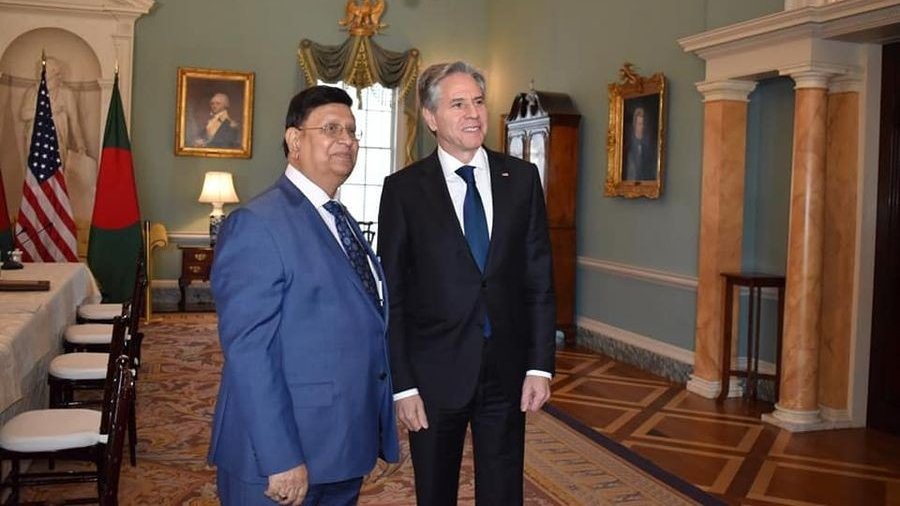
Post-1971, relations between Dhaka and Washington were marked by wariness. The US recognition of Bangladesh as a sovereign state in early 1972 was an act that could not be avoided. When Bangabandhu Sheikh Mujibur Rahman returned to Bangladesh following his release from incarceration in Pakistan in January 1972, he expressed his gratitude to the American people for their support for the Bengali struggle but refrained from making any mention of the US government’s role during that period. However, as his concept of foreign policy — friendship with all and malice toward none — was to show, the pragmatist in Mujib acknowledged the need for Dhaka to build positive ties with Washington against the background of the newly emergent realities in South Asia.
Mujib’s views were at variance with those of Tajuddin Ahmad, the wartime Prime Minister who after liberation became finance minister in the government and was clearly opposed to a rush into conventional diplomatic ties with the US. Tajuddin, a socialist whose opposition to the US was based on his experience of the American position in 1971, did not wish for Bangladesh to seek membership of the World Bank and the International Monetary Fund (IMF). Tajuddin Ahmad was of course overruled and eventually was forced to leave the government in October 1974.
A few days after Tajuddin’s resignation, Secretary of State Henry Kissinger flew into Dhaka on a 22-hour visit to speak to Sheikh Mujibur Rahman and Foreign Minister Kamal Hossain. Despite his trip, though, Kissinger remained unwelcome in the view of most Bengalis. This view was strengthened after the violent coup d’etat of 15 August 1975, when the US administration and especially Kissinger were perceived to have had a role in or knowledge of the overthrow and assassination of Bangabandhu. The late journalist Christopher Hitchens was to openly point to Kissinger’s role in his work, The Trial of Henry Kissinger.
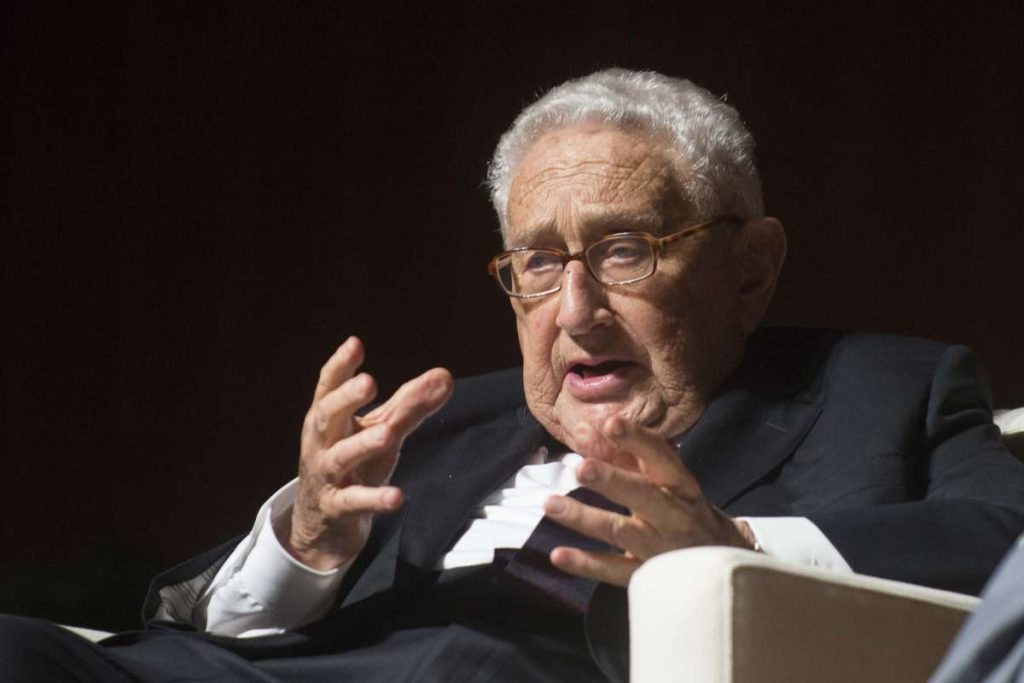
In the Mujib years, matters were not helped by the US decision to have a shipload of food grains intended for Bangladesh turned back on the high seas when it became known that Dhaka had engaged in jute trade with Havana. With the US exercising its sanctions on Cuba and with the conditionalities of America’s PL-480 aid programme in place, Bangladesh found itself in dire straits given that its economy was in a miserable state, compounded by a famine the government was at pains to put a leash on.
In these fifty-two years since the emergence of Bangladesh, no Bangladesh leader has made a state visit to Washington, though Bangabandhu called on President Gerald Ford at the White House in early October 1974 following his trip to New York to address the UN General Assembly. President Ziaur Rahman visited the White House in the late 1970s and was received by President Jimmy Carter. In March 2000, President Bill Clinton made a brief trip to Dhaka, to be welcomed by President Shahabuddin Ahmed and Prime Minister Sheikh Hasina.
Over the years, US government officials at various levels have made their way to Dhaka and in similar manner Bangladesh ministers and senior officials have travelled to Washington to discuss ways of improving trade and other ties between the two countries.
A particular reason behind this present dip in US-Bangladesh ties relates to Bangladesh’s increasingly close links with China together with its traditional, and growing, ties with India. Bangladesh has been critical of the Russian invasion of Ukraine but at the same time has pointedly noted the consequences of western sanctions on Moscow on developing nations such as Bangladesh. Washington is keen for Dhaka to align itself with such organisations as Quad, a step Bangladesh is unwilling to take given its need for a continuity of good ties with China.
In this past week, a deal between Bangladesh and Myanmar on an initial return of Rohingya refugees, a thousand in number, to their homes clearly had a Chinese hand in it. Dhaka needs all the assistance it can come by in a resolution of the Rohingya issue and as such can or will do nothing that will antagonise Beijing or for that matter India and Russia.
The US decision on visas, in relation to Bangladesh’s elections, at the end of the day raises the inevitable question: on what moral or ethical principles does a country arrogate to itself the right to tell another, though less powerful country that it can prevent its politicians, judges, civil servants and others from travelling to its territory if its elections are seen to be fraudulent?
The implications of the US decision do not promise to be encouraging at all. The move has at once led to a widening of the breach between Dhaka and Washington. The Bangladesh political opposition may be crowing about the move, but if the Awami League manages to return to a fresh term in office at the elections later this year or early next year, a redefinition of ties between the US and Bangladesh may become necessary.
By the way, while the American insistence on the rule of law and transparent elections in Bangladesh are certainly taken in the right spirit, there is that important question from Bangladesh’s people: how is it that the United States has been sheltering an assassin of Bangabandhu Sheikh Mujibur Rahman in its territory for decades and has ignored all requests by Dhaka to extradite him in order to face justice in Bangladesh?


